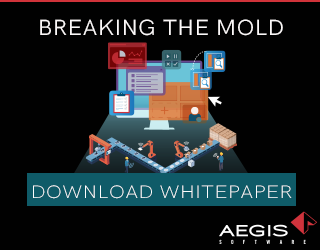What do UK businesses want from the Chancellor’s Budget?
UK businesses are looking to shrug off pre-Brexit blues and are hoping for some practical help from the Budget to strengthen the economy and end austerity.
However, around the country, company chiefs have different priorities about what Chancellor Philip Hammond should do to ease the pressure and counteract the gloom caused by Brexit uncertainty.
Richard Powell, Partner at MHA MacIntyre Hudson in Northampton, says that the Chancellor should shift from a scattergun approach and deliver more support for UK manufacturers and engineers.
“Greater funding for research and development tax credits may be a big ask in the current economic climate, but the scheme’s focus can certainly be improved. To be a real success, these reliefs need to move away from the open-door approach, where businesses from any sector can claim. By targeting relief at certain sectors ripe for growth, for example, electric vehicle research, and companies developing automation solutions, the government could have much more impact.
“We also need decisive action to encourage investment into the UK. One of the biggest concerns for manufacturing and engineering companies is the impact of Brexit on their supply chains, and many want to build their UK supply chains to counteract this. Any steps to encourage investment into the UK will help make this a reality. Whether it’s greater tax reliefs for inward investment, or a better capital allowance regime, promoting the UK as a business destination should be high on the Chancellor’s agenda.
“The skills shortage is an ongoing problem for manufacturers and engineers and must also be addressed. We believe a tiered approach to the apprenticeship levy should be considered. Industries important to the future of the UK yet struggling to attract talent should be prioritised. Reliefs could be banded accordingly, with 100% apprenticeship funding for key industries, and lower allocations, for example 50% funding, elsewhere.”
Mr Powell says funds are tight, and that is why they must be maximised. “If we’re to deliver the infrastructure, automation and innovation this country requires to prosper post Brexit, resources must be thoughtfully allocated to the sectors where there’s most need.”











